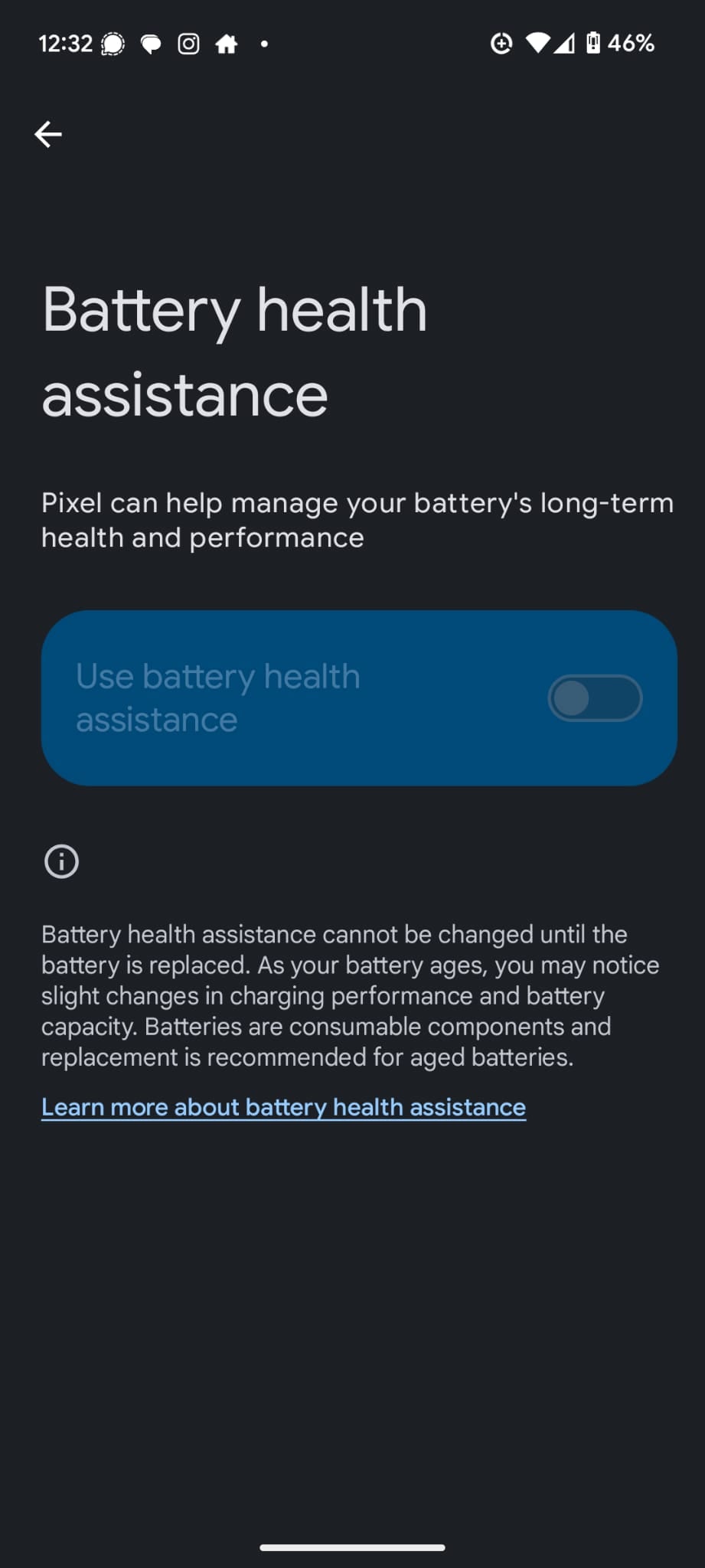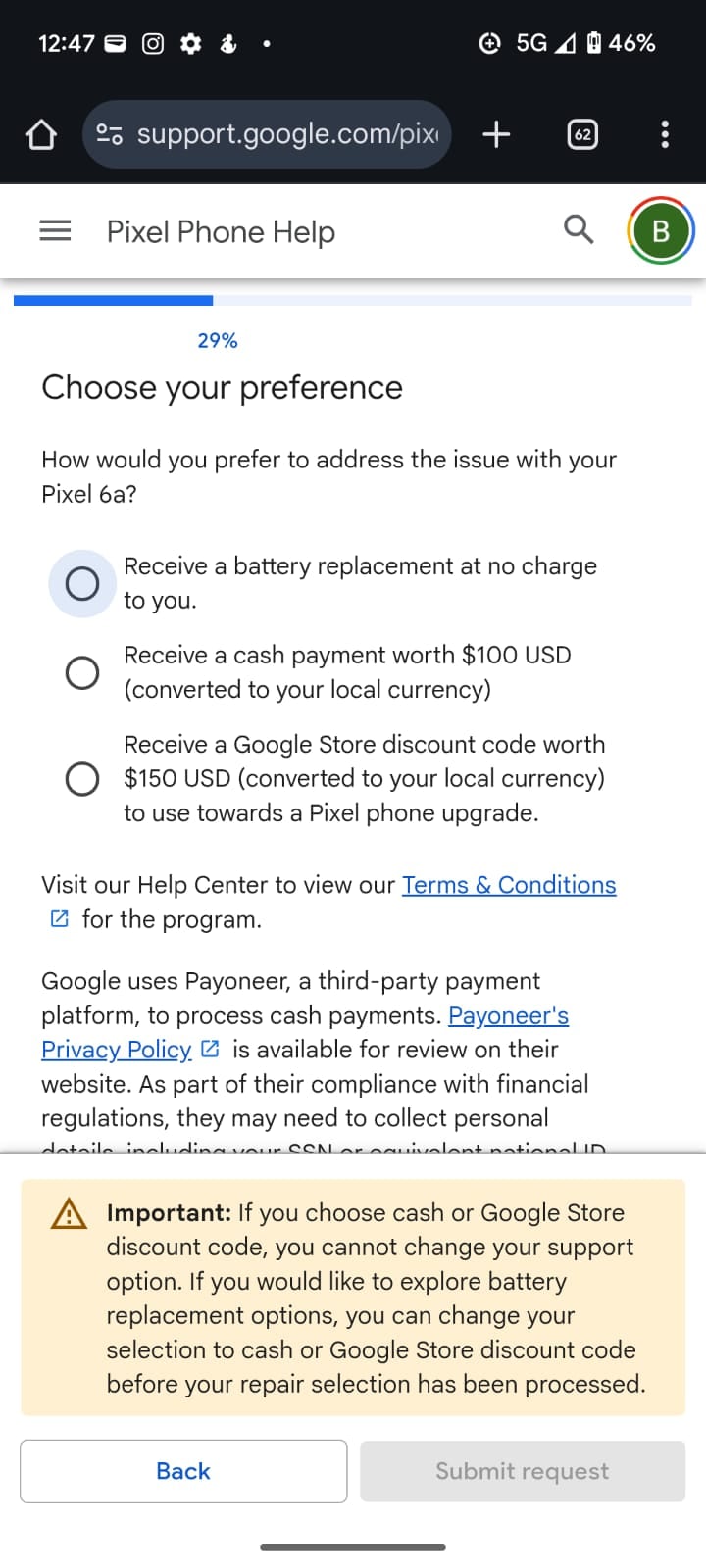
July 21, 2025, 1:02 pm | Read time: 3 minutes
Since early July, Google has been rolling out an update for Pixel 6a and newer models to counteract battery wear. However, users report that this leads to significant usability restrictions on certain devices. Google has preemptively addressed this issue by setting up a replacement program. Owners of an affected Pixel 6a must decide whether to send their device in for repair or replace it entirely.
Google Limits Battery Capacity and Charging Performance in Pixel 6a
Starting July 8, Pixel 6a and newer models automatically install an Android 16 update, which Google aims to use to reduce the risk of battery overheating–TECHBOOK reported. The company has set up a dedicated page on its support site to inform about the “Battery Performance Improvement Update Program.” The update includes “important battery management features […] that reduce battery capacity and charging performance on affected devices after the battery reaches 400 charge cycles.”

The company states that not all Pixel 6a devices are affected by the program. While the entire 6a generation will receive the update, only certain devices will also install the new battery management tool. The feature only appears once the 400 charge cycle threshold is exceeded.
TECHBOOK Reader: “This Is How Google Ruined My Smartphone”
A TECHBOOK reader has fallen victim to the mandatory update for the Pixel 6a. Since then, she has faced battery issues that make everyday use practically impossible:
“I’m really upset that my beloved Pixel smartphone, which always worked perfectly, has become almost unusable overnight. It charges super slowly now, and even after a night plugged in, I only have about 75 percent charge the next day. We’re going on vacation in a few days, and I can’t possibly charge my phone multiple times a day. But there’s also not enough time to replace the battery before then. Luckily, I stumbled upon an article about the update issue and was able to easily apply for compensation. Google itself didn’t think it necessary to inform me about this option.”

New Battery Tool From Google Severely Limits Older Pixel Smartphones

Google Offers Up to 400 Euros for Free–But Only to Select Customers

Three Smartwatches Stand Out, According to Stiftung Warentest
Users Have Three Compensation Options
In its program, Google offers compensation for affected Pixel 6a owners, as normal smartphone use is often no longer possible after installing the update. Users who notice battery issues with their Pixel 6a can check on the Google support page to see if they are eligible for compensation.
Google offers three options:
- Free Battery Replacement: Users can send in their Pixel 6a to have the battery replaced for free–after which full charging is possible again.
- $150 Credit for the Google Store: This option is for users who want to purchase a new device directly from Google.
- $100 Cash Payment: Those who do not wish to deal with repairs or Google products can request a compensation payout through the payment service Payoneer.

Users must apply for compensation themselves, as Google has not yet sent out automatic notifications. Most users learn about the program through customer service or social media.

